Optimal Timing for Insulation Removal
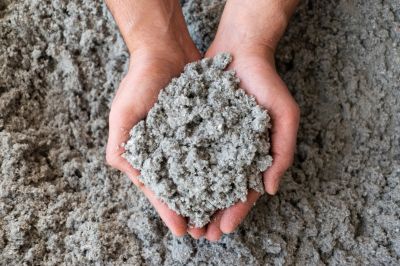
Performing insulation removals during warmer months can facilitate quicker drying and reduce moisture-related issues.
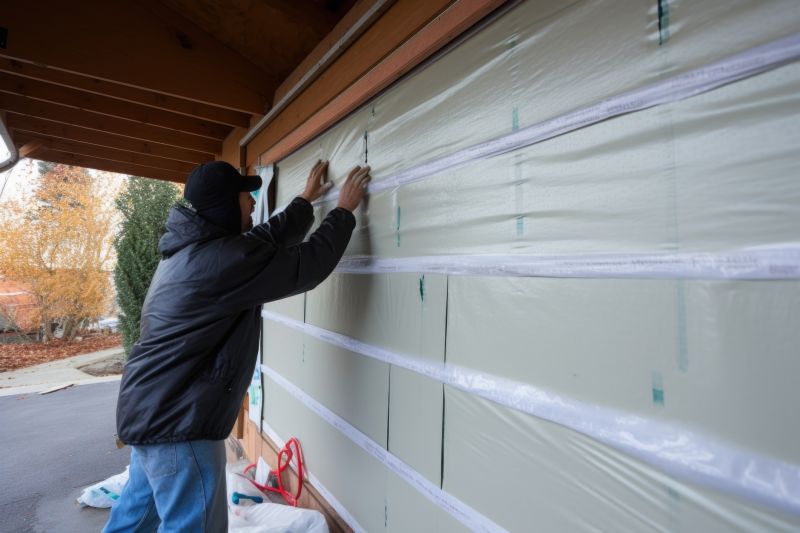
Fall offers moderate temperatures, making it suitable for insulation removal without extreme weather concerns.
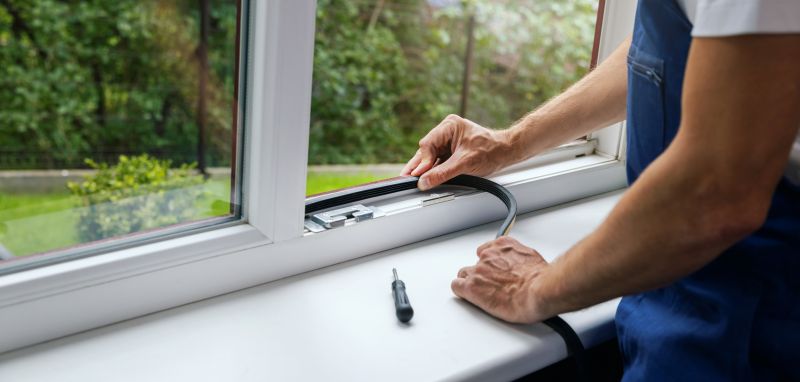
Winter may pose challenges due to cold temperatures and potential moisture problems, but can be feasible with proper planning.
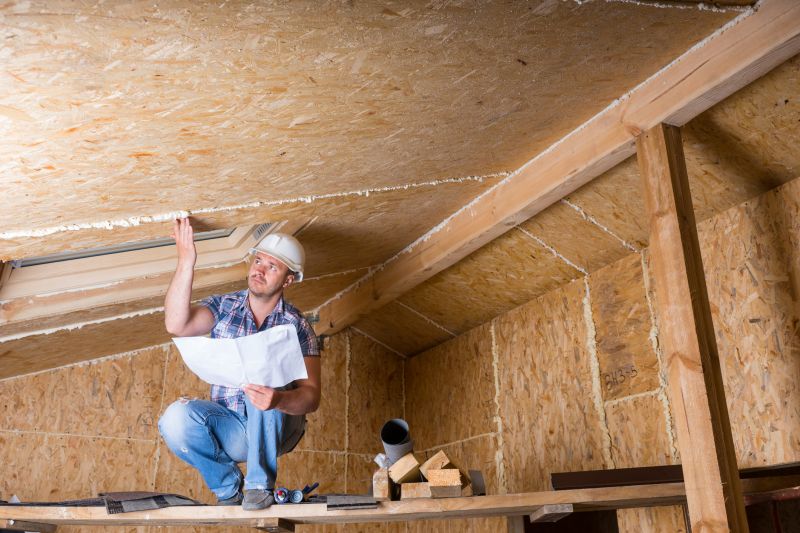
Ways to make Insulation Removals work in tight or awkward layouts.
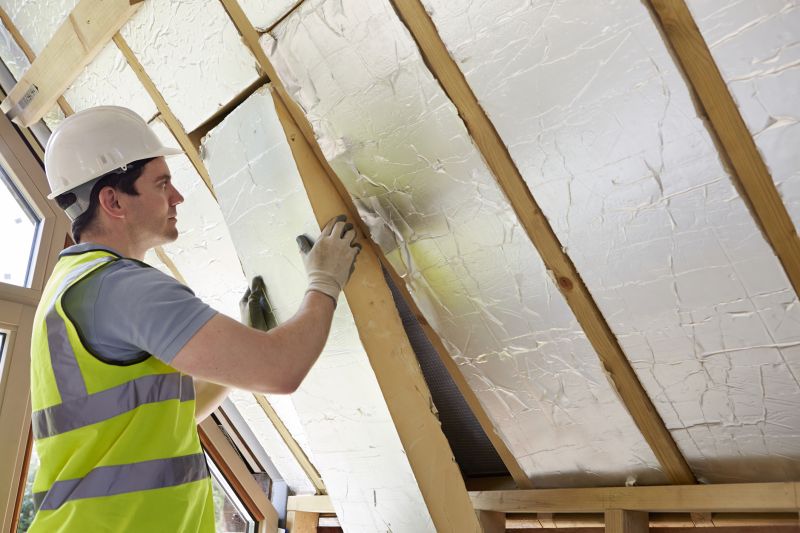
Popular materials for Insulation Removals and why they hold up over time.
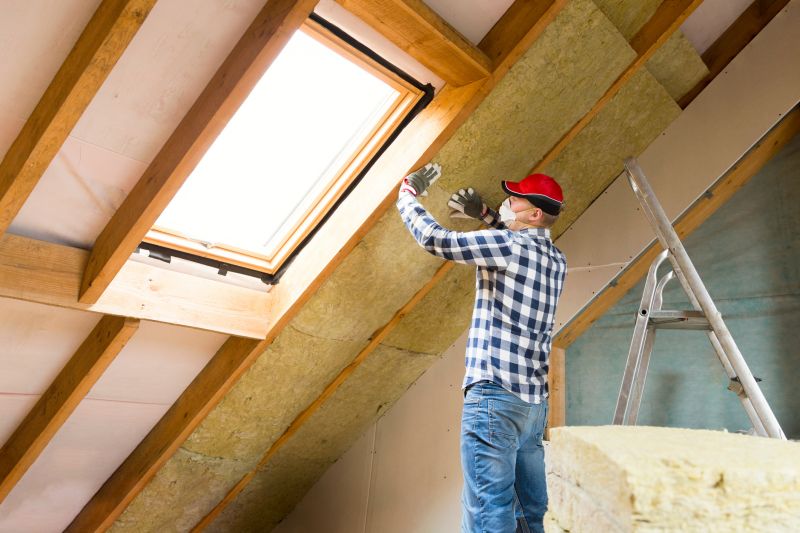
Simple add-ons that improve Insulation Removals without blowing the budget.
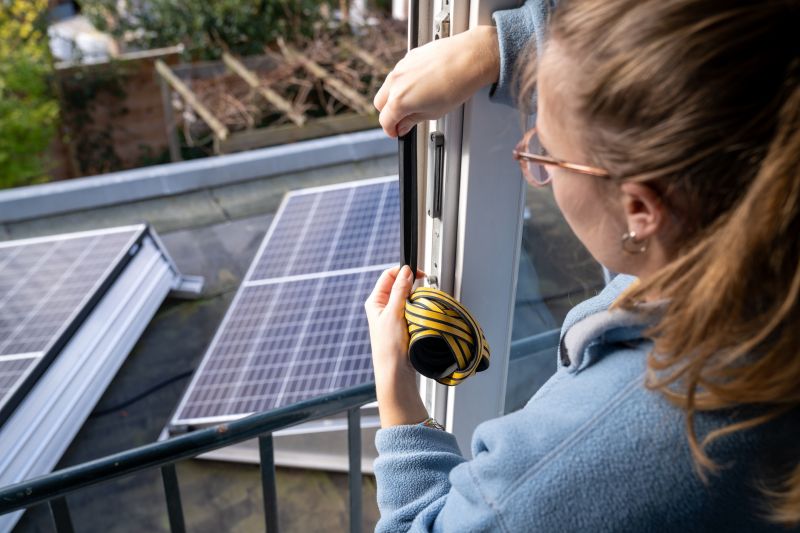
High-end options that actually feel worth it for Insulation Removals.
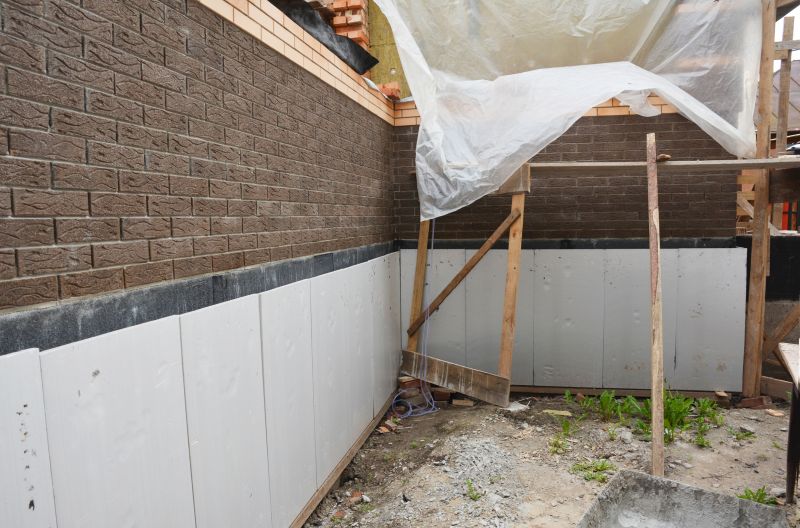
Finishes and colors that play nicely with Insulation Removals.
Insulation removals are often necessary when upgrading or replacing outdated or damaged insulation materials. Proper timing ensures that the process is efficient and minimizes disruption to the building's interior climate. Typically, the best time for insulation removal aligns with moderate weather conditions, avoiding extreme cold or heat, which can complicate the process.
Statistics indicate that insulation removal projects are most successful during seasons with stable humidity and temperature levels. This reduces the risk of mold growth and ensures the integrity of new insulation installations. Planning around seasonal weather patterns can lead to cost savings and a smoother project timeline.
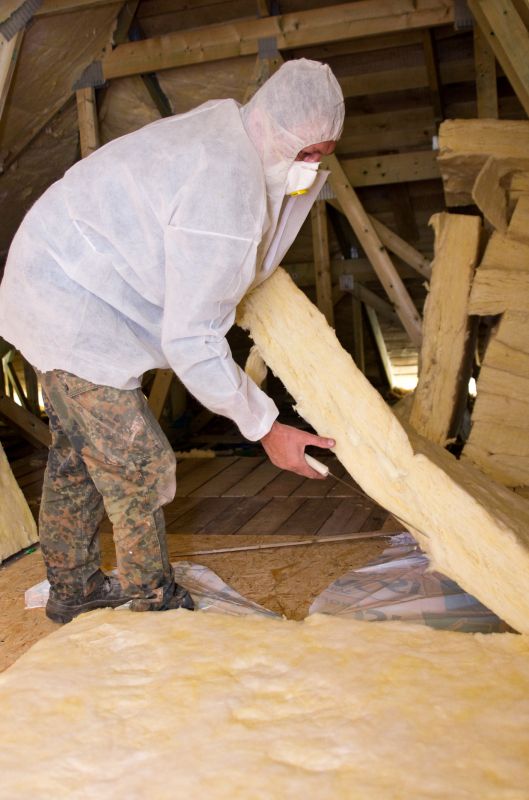
Removing attic insulation is best done in late summer or early fall to prepare for installation of new materials.
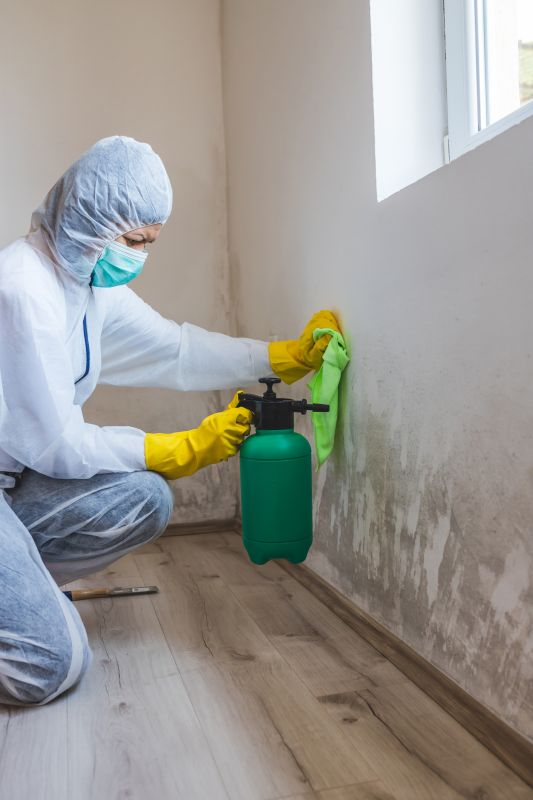
Wall insulation removal can be scheduled during periods of moderate weather to prevent moisture issues.
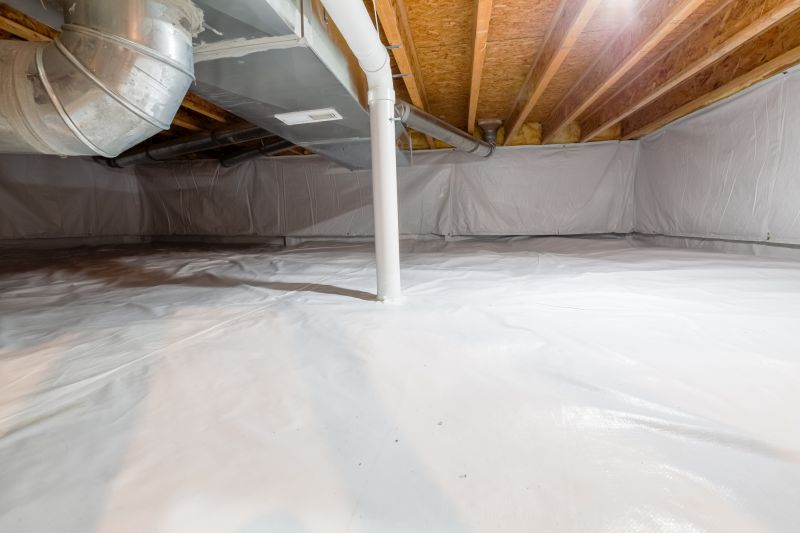
Basement insulation removal is often performed in dry seasons to reduce humidity-related complications.

Ceiling insulation removal benefits from timing during mild weather to ensure proper ventilation.
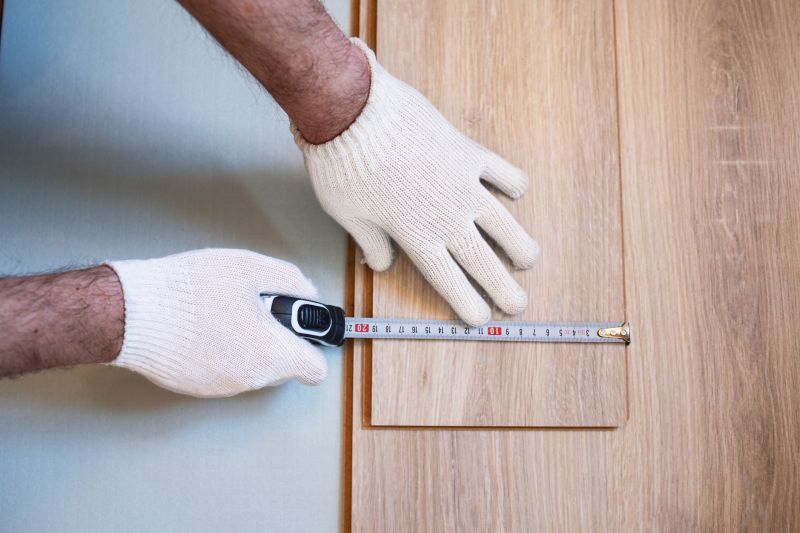
Little measurements that prevent headaches on Insulation Removals day.

A 60-second routine that keeps Insulation Removals looking new.

A frequent mistake in Insulation Removals and how to dodge it.

Small tweaks to make Insulation Removals safer and easier to use.
| Season | Recommended Timing |
|---|---|
| Spring | Early spring before high humidity levels |
| Summer | Late summer for optimal drying conditions |
| Fall | Early fall to avoid winter delays |
| Winter | Late winter with proper moisture control |
| Late Fall | Ideal for preparing for winter insulation upgrades |
Choosing the right time for insulation removal can impact the longevity and effectiveness of new insulation. Factors such as humidity, temperature, and moisture levels should be considered to prevent mold growth and ensure proper installation. Consulting with professionals can help determine the optimal window based on local climate conditions.
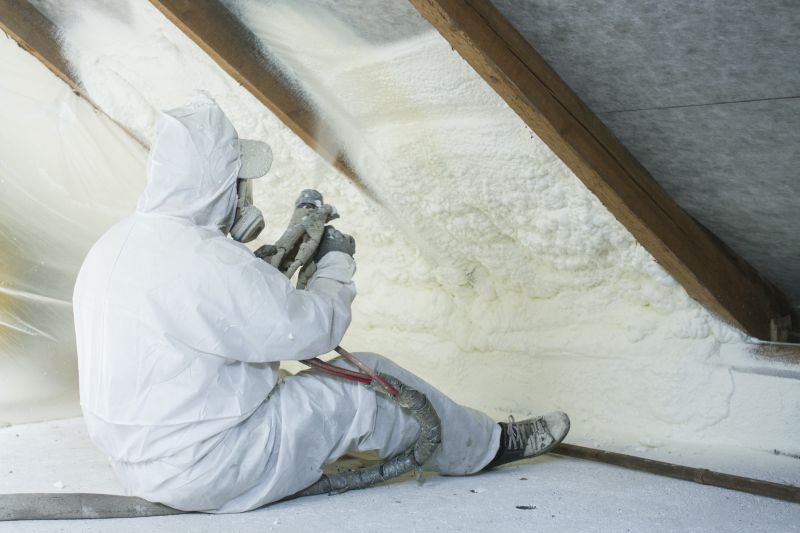
Careful removal prevents damage and prepares the space for new insulation.
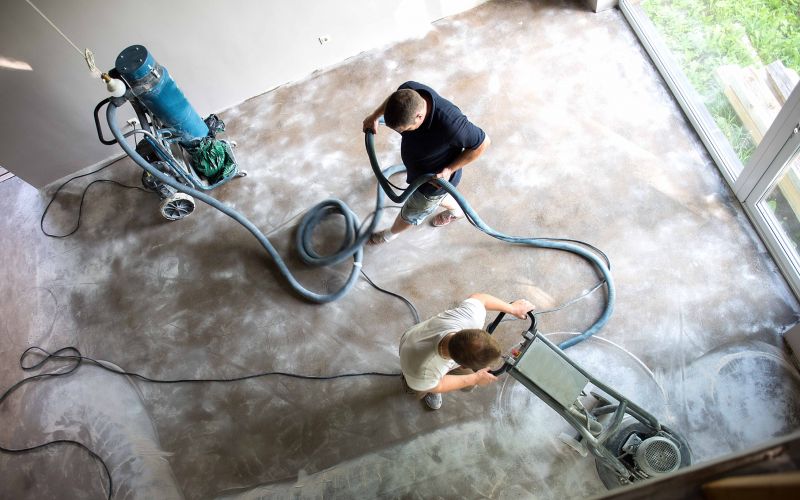
Specialized tools facilitate efficient and safe removal of old insulation.
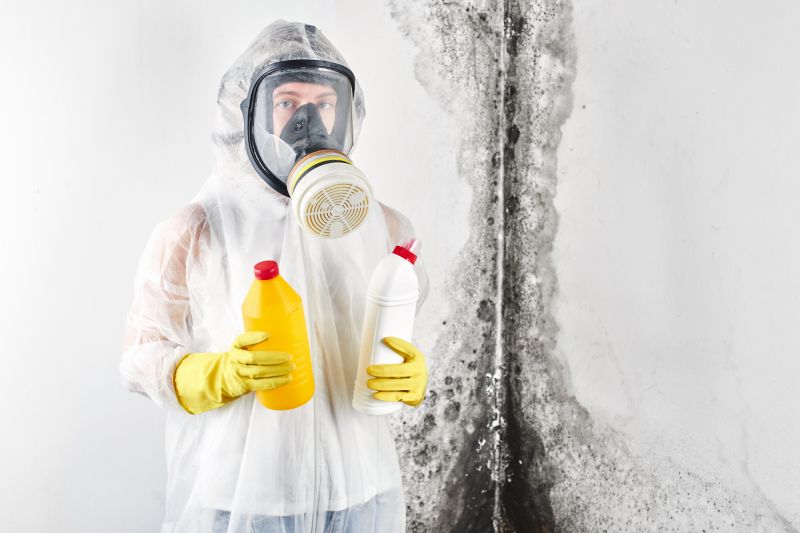
Proper protective gear minimizes health risks associated with insulation materials.
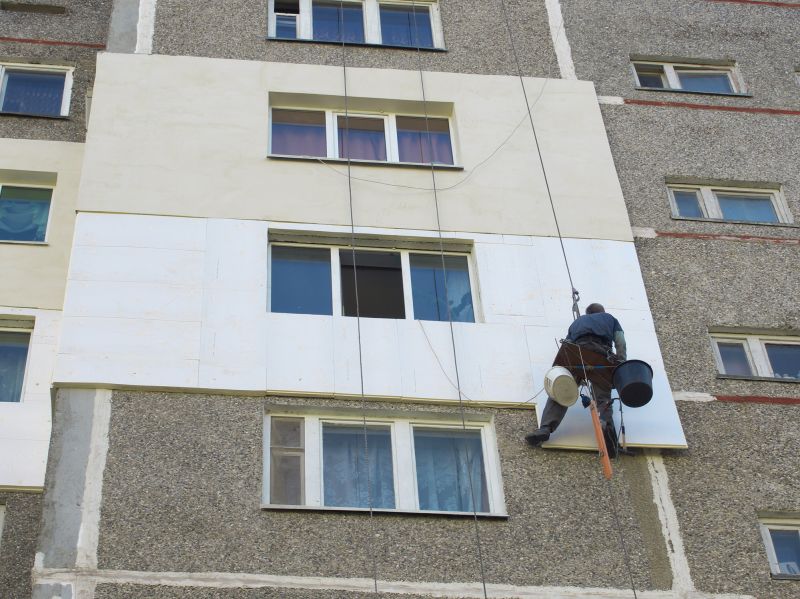
Thorough inspection ensures all old insulation is removed before new installation.
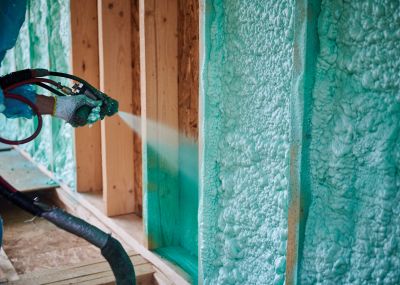
Lower-waste or water-saving choices for Insulation Removals.
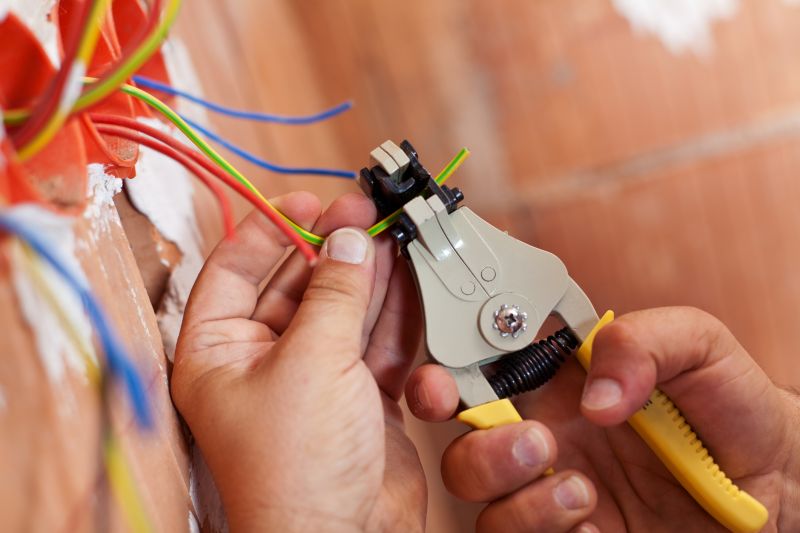
The short, realistic tool list for quality Insulation Removals.
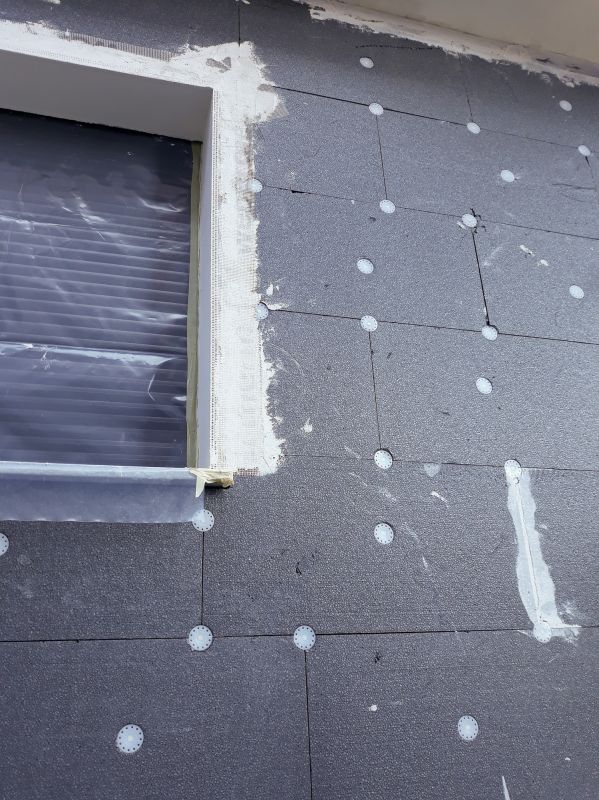
Rough timing from prep to clean-up for Insulation Removals.
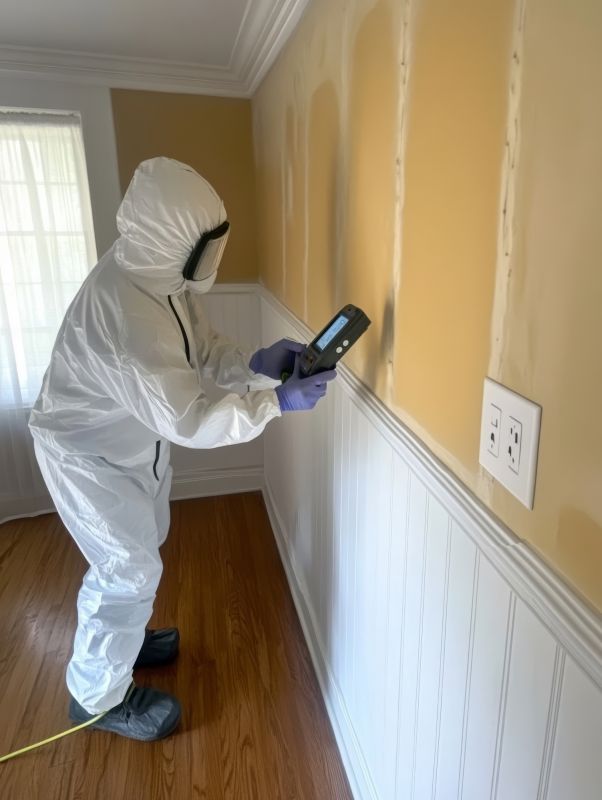
Quick checks and paperwork to keep after Insulation Removals.
Interested parties are encouraged to contact for further information about insulation removal services. Proper timing and preparation are essential components of a successful project, ensuring optimal results and longevity of new insulation materials.
Examples that show the impact a good Insulation Removals can make.
Ways to make Insulation Removals work in tight or awkward layouts.
Ways to make Insulation Removals work in tight or awkward layouts.
